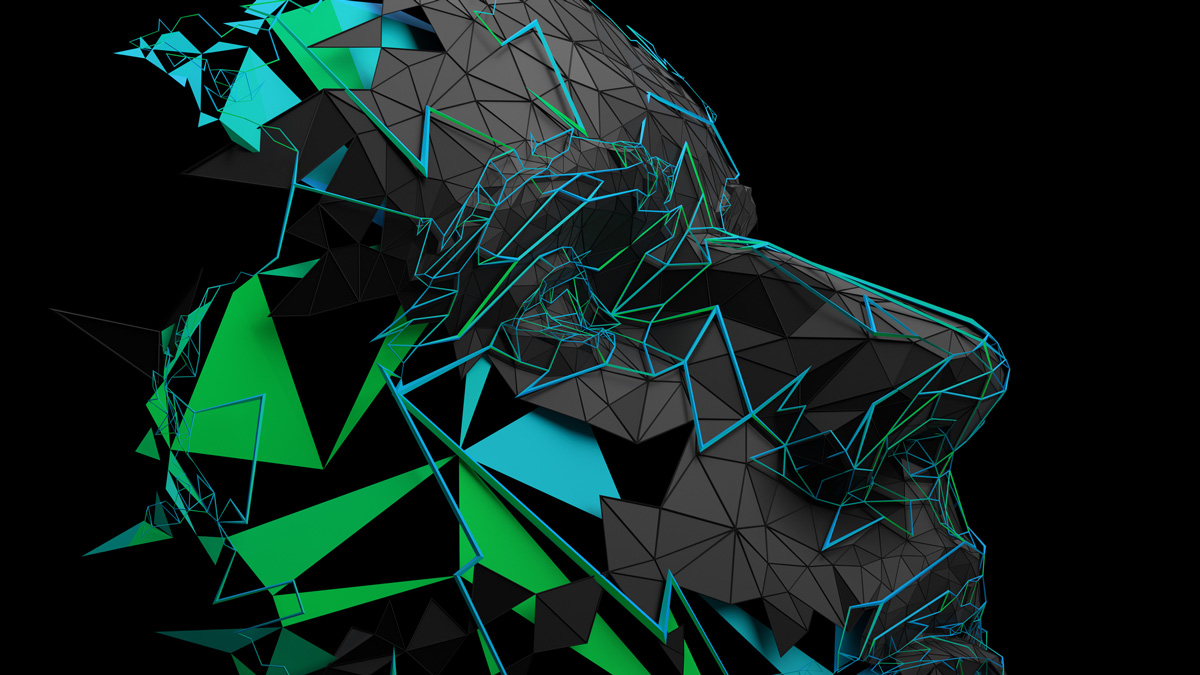How artificial intelligence is empowering healthcare

It is hard to think of any area of our lives that might not one day be affected by artificial intelligence, and an exponential rise in recent years has already seen it become increasingly embedded in healthcare.
After an early focus on supercharging the way in which new drugs can be discovered, AI is now empowering healthcare improvements in diagnosis and patient care.
Across these themes we see many exciting technological advances that are changing our conception of how healthcare is delivered as the capabilities of smartphones and sensors continue to increase and improve.
AI, diagnosis and patient care
By putting a compact, portable computer in our hands, smartphones have already enabled huge changes in our lives over the last decade or so. Now, as artificial intelligence comes of age, smartphones and other mobile devices are becoming cleverer still.
They do this by adding a whole new level of information access to patients and healthcare professionals (HCPs), one that contextualises data and can draw conclusions from it.
Take the example of Your.MD. It’s a free service that uses AI to help patients check their symptoms and find safe health information, and over three million of them are doing so.
The digital health company’s technology provides personalised health information via a chatbot and mobile app that is part of a plan to build personalised health hubs and make them available to patients around the world.
Another AI app that allows patients to check their symptoms is Ada, whose users can input details of symptoms and be directed to appropriate medical care. To date it has completed around 15 million health assessments for a userbase of approximately 8 million.
Billed as a ‘health companion’, Ada compares a user’s symptoms with those of thousands of other cases to help uncover the reasons for them and then offers guidance on what to do next.
A more specialised approach is taken by SkinVision, which targets the early detection of skin cancer. Its AI-enabled app is used by 1.2 million people globally and has increased productivity and efficiency in skin cancer pathways by reducing unnecessary visits to healthcare professional visits.
Meanwhile, empowering both doctors and patients is Symptoma, with more than 1.5 million using the online service each month.
The European Commission-backed digital health assistant aims to increase diagnostic accuracy, saying 1.5 million lives could be saved globally and global healthcare budgets reduced by 30% if the problem of misdiagnosis can be solved.
Regulating AI health devices
Moving beyond apps, we can see that embedding AI within mobile devices is creating brand new medical devices and is another way the sector is advancing and, as regulatory authorities assess the technology, being put on a firmer footing.
One area that is particularly noteworthy is the use of mobile devices to take electrocardiogram (ECG) readings, where FDA clearances in the last year have been seen for the Apple Watch, Verily’s smart watch and AliveCor’s KardiaMobile smartphone device.
Such devices are taking consumer learnings and applying them within a healthcare ecosystem that is increasingly about more than just a pharmaceutical medicine.
Where those devices provide unsupervised diagnosis, a more predictive route is taken by Empatica for epileptic seizures.
The US company’s Embrace2 uses machine learning to detect possible generalised ‘tonic-clonic’ seizures and on doing so will immediately contact caregivers for the FDA-cleared watch’s wearer.
But, whether offering seamless and predictive patient care or more responsive intelligent services, AI in healthcare offers huge benefits to patients and healthcare systems alike.
The companies mentioned above, as well as a whole host of other emerging firms, are striving to provide patients and HCPs with a better way of understanding and managing healthcare.
As they do that, healthcare quality will rise and patients and HCPs will be empowered to better deal with health issues.
About the author
Roberto Ascione is the CEO and founder of the Healthware Group. He is very active in the digital health ecosystem in various advisor capacities, both in Europe and in the US, to companies, startups and investors. Among others, he has been recognised as Decade’s Best Industry Leader by Health 2.0 Conference – 10 Year Global Retrospective Award in 2016, nominated Transformational Leader at the 2017 PM360 ELITE Awards and named among the 100 Most Inspiring People by PharmaVOICE in 2017. He is a founding member of the Digital Therapeutics Alliance, past President of the Health Tech Summit and he is chairman at Frontiers Health.














